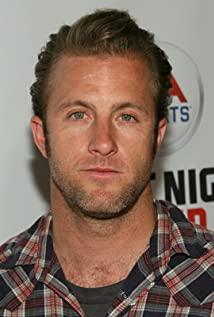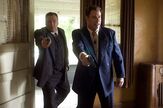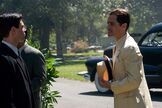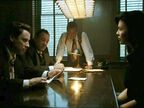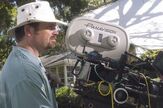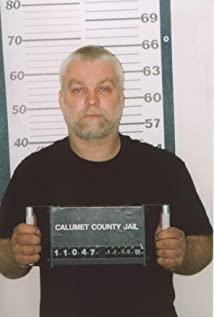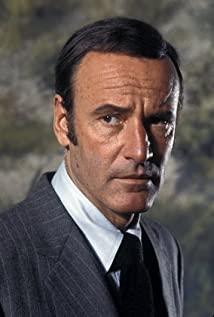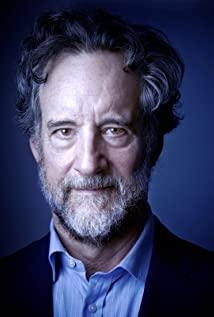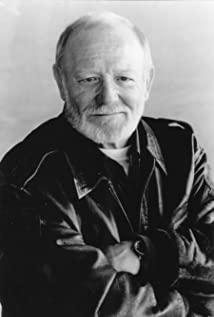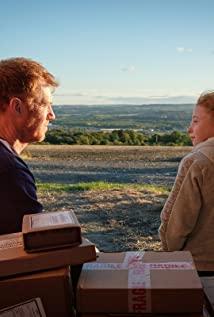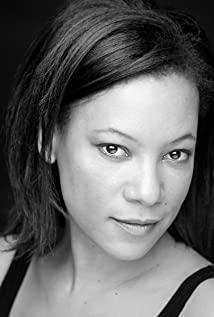[On acting in the moment] I think all the greats really did that. If you watch Brando, if you watch McQueen, every scene you could see that they were doing something and that's why it seemed so human and so real as opposed to actors trying to find an emotion or play that emotion when the cameras are up and the lights are on it's hard to settle in and have a real moment. I think the only real way to do it is to have an objective for what you're doing in the scene.
When I was a kid, I was always an athlete. I played a lot of sports. I played football, basketball, baseball and soccer. My dad was super into athletics, so that's what I did as a kid. I played sports. When I was 11 or 12, I stopped wanting to play football, basketball and baseball and I started smoking weed and hanging out with the'bad kids'. I wanted to do anything that was rebellious. My old man hated skateboarding and surfing. He was a team sports player. The individuality of it is what drew me to skating and surfing. It was a'Fuck you!' at the time. I know that skateboarding and surfing have been around a long time, but it wasn't like it is now. Surfing now is like a high school sport. Everyone surfs and everyone skateboards. Back then, if you skated, you were definitely one of the bad kids. If you surfed,you were a stoner, so you were one of the bad kids. At the time, I wanted to be like that. I wanted to be rebellious. I didn't want to fit in. I wanted to be a punk. When we' d go off and skate or surf, we were doing our own thing. There was nobody standing over our backs, watching us. There was no one judging us. It was just about one-upping each other all the time.
My dad didn't work on a lot on movies when I was growing up. He stopped working for fifteen years. From the time I was five until I was fifteen, I didn't know who he was as an actor. He was just my dad. He wasn't off on movie sets when I was a kid. He hung out with me. He was also a rebellious guy. His whole life had a lot of ups and downs. To answer your question, yeah, he was the shit; but to me, he was just my dad. I didn't know him as James Caan, the big movie actor. As a kid, I never got to see any of his movies because they were all rated R. I didn 't see The Godfather until I was 11 years old. When they shot him, I was like,'This sucks.' It was fucked up. It was weird. I turned it off. It bummed me out. Now I look back and watch his movies and I'm like,'Damn. He was the shit.'
My old man was very strict about if you were going to do something, be good at it. Be the best at it or don't do it. Anyone can work hard and have God-given talent, but it's a shame when people have it and don't use it. You have to use all aspects of it. You have to be good at it and work harder than the next man. He always instilled that in me. Even when I was a kid, he'd say ,'If you're going to do something, do it right, do it hard and be passionate about it. Do it good or don't do it all, because there is always someone else that wants to play harder than you.'
The reason I started writing movies was because I kept getting parts that I just kind of stepped into. I didn't have to do a lot of work and I ended up getting sort of bored. When I first started acting, all I did was work on plays and spend a lot of hours in the theater. I was immersing myself in what I was doing. I wanted to be the best at it. I was like,'I'm going to do this and be the best actor in the world.' Then I got into the movie business and maybe once every three years, I'd get a part that I could actually sink my teeth into. The reason I started writing was because I didn't always get those parts. I figured I could write myself plays and perform things that I felt strongly about. That set me off on writing and directing. I ended up thinking,'I can do this too.'I got really passionate about writing and directing. And now that I'm in my early 30s, I'm getting parts that I can really sink my teeth into it. Now I can go back to what really got me into acting, when it was something that I was super passionate about.
(2001) If you love acting and you've ever experienced theater, then you know that in a movie it's almost impossible to live out that experience, unless you're a Pacino or a De Niro or somebody who gets to pick their parts. It's very rare that you get a part that at the end of the day you feel like you've really lived it out, and for me going back and doing theater is where I get to do that. I realized that over the past couple of years, and I hope to God I never lose that, and I never rest on my laurels
(2001) I'll go do anybody's movie if I find something I like in it, I'll say,'Let's go do it.' Good, bad mediocre or whatever it is, if a director wants me in his movie, I take it as a compliment. And at the end of the day, if the movie's no good, I'll live to fight another day.
When I was 17-years-old, I was in the music business. I was out on the 1993 Soul Assassins Tour and there was this director named Mitch Marcus who had heard about me, so he came and saw the show. He thought I 'd be right for a part in his movie. He said,'Do you want to come and audition for this movie?' I said,'No, that's not my thing.' Then I read the script. It was about this 17 -year-old punk kid that gets out of juvenile hall and rides his motorcycle and carries a gun. Then I was like,'Okay. I'll come in and audition.' I ended up getting the part. It was a movie called A Boy Called Hate. It's not the greatest movie ever made, but once I got on that movie set, I was like,'Okay, this is what I'm going to do for the rest of my life.'I was going to be a grip or an actor or writer or whatever I had to do to be on a movie set. Then I went straight to a theater school and studied for the next ten years. I started studying at Playhouse West in the Valley when I was 17-years-old. I started writing and directing plays. That's been my center for acting for the last fifteen years.
